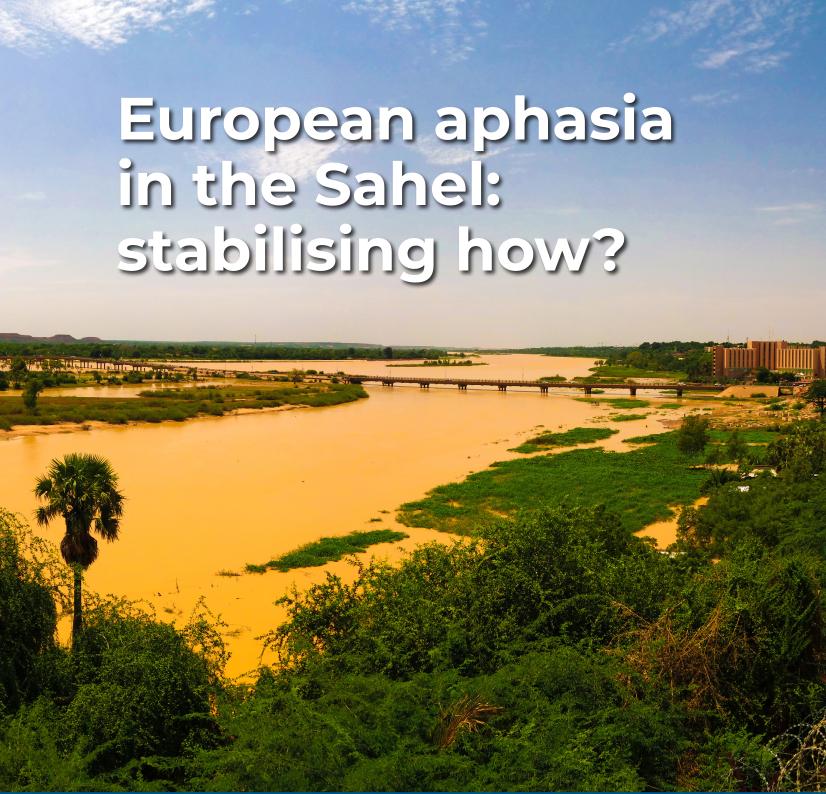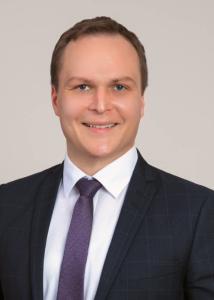Stabilising fragile states to ward off transnational threats has become the mantra of the last decade. However, the lack of a common agreed-upon definition of what stabilisation truly means leads to a multitude of different interpretations and implementation strategies of such an approach. In West Africa’s Sahel region, especially in the Central Sahel, which comprises Mali, Niger and Burkina Faso, several EU countries (including and, to some
extent, led by France) are prioritising what we call a two-staged reactive stabilisation strategy with a relevant military presence, while several other EU countries (including and, to some extent, led by Germany), follow a more pre-emptive line of action. Brussels is the playground where these different strategies are wound up in an EU stabilisation approach, which does not however resemble a strategy on the ground, and which so far showcases that the EU’s current undertakings in the Central Sahel face more obstacles than achievements.
It is time to reconsider and evaluate what is working and what is not in the Sahel, find a direction for the EU’s stabilisation approach that is truly coordinated and that includes:
- Prioritising good governance above all, adopting primarily civilian and preventive solutions to crises and imagining an articulation of stabilisation as ad hoc (or case by case) and integrated rather than sequential.
- Increasing its conditionality mechanisms vis-à-vis Sahelian governments, following the principles of ex ante and positive conditionality (through for example the European Peace Facility) to ensure that most of its funding, be it humanitarian, development or security, goes where it is needed the most.
- Conducting in-depth, transparent and comprehensive evaluations to learn from successes and failures for future engagement, particularly in the case of a potential European Training Mission in Niger or future security missions in the wider region.
- Considering local dynamics (through independent assessments) in any EU security intervention, which means that, before choosing to set up a programme in a certain village (and for the EU to fund it), dynamics in that particular village must be made clear and examples of where stabilisation programming worked must be considered.
Temas
Forschungsnation China
Der Wirtschaftsexperte Christoph M. Schmidt wird neuer Fellow der Konrad-Adenauer-Stiftung
Regierungsbildung in Litauen
Ellinor Zeino über die Lehren aus Afghanistan und die Zukunft deutscher Auslandseinsätze
Südafrikas neue Regierung der Nationalen Einheit: Fortschritt oder Stillstand für das Land?




